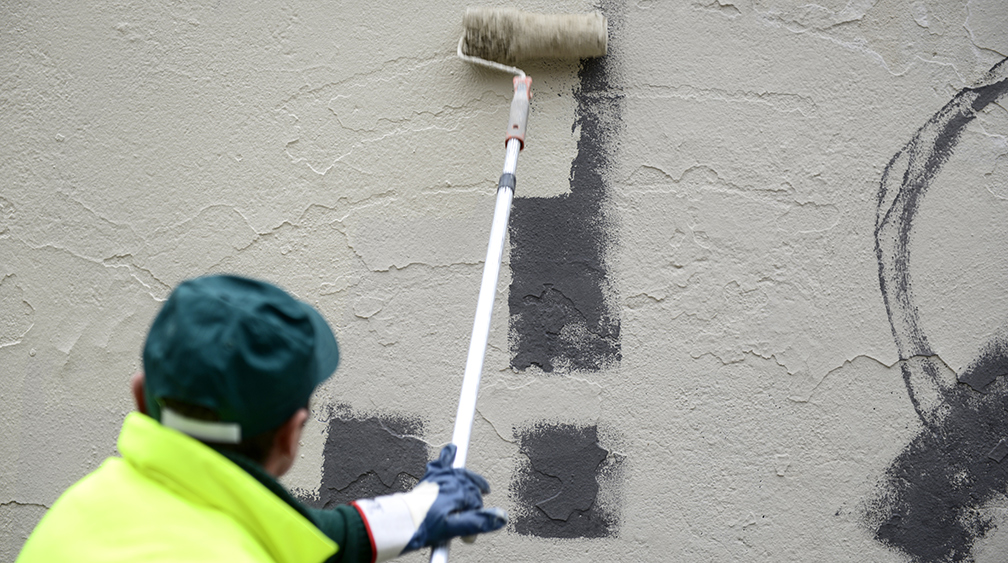The Adult General Alternative Measures Program allows a person who is accused of a crime to take responsibility for their actions and avoid facing the traditional criminal justice system. They could be asked to make amends to the people they harmed, if these people choose to participate, or to the community at large.

Only certain crimes are eligible for the program
The Adult General Alternative Measures Program only covers crimes that are generally considered less serious. For example, a theft or an assault that did not cause any serious injury.
Sexual and domestic violence crimes are not eligible.
The prosecutor must then assess various factors to determine whether the offender’s participation in the program is in the best interests of society and the person who was the victim of the crime.
The offender’s acceptance of their responsibility is essential
If the prosecutor decides to admit the offender to the program, the offender can choose to participate or not. To do so, they must also admit responsibility for the charges against them.
The offender’s acceptance of responsibility during the program cannot be used against them during a trial, if one ever takes place.
Does the person who was the victim of the crime wish to participate?
If the accused person is eligible, and the prosecutor thinks that they could benefit from the alternative measures program, the person who was the victim of the crime will be contacted by a CAVAC (Crime Victim Assistance Centre) to see if they wish to participate. The victim of the crime isn’t required to participate and can refuse for any reason. However, the prosecutor may decide to continue without their participation.
If the victim of the crime agrees to participate, they will be consulted throughout the process. They can be accompanied throughout the program and can contact a local victim’s assistance organization or CAVAC with any concerns or fears that they might have.
The offender must take part in alternative measures
A community organization trained in restorative justice will decide the appropriate alternative measures based on the situation and the victim’s desire to participate or not.
Offenders will be given a plan of action that they must carry out. This could mean:
- participating in mediation,
- doing community work,
- repairing the harm to the person who was the victim of the crime,
- undergoing treatment or counselling,
- taking a course or seminar.
However, other types of measures may be ordered depending on the situation.
For more information, please see the Quebec government’s website (French only) or Équijustice’s website.
The offender who completes the program will not have a criminal record
Charges are dismissed when the offender successfully completes the alternative measures. This means that the criminal justice process will end, and that the offender will not have a criminal record.
In general, the criminal justice process resumes if the accused person discontinues the program.





